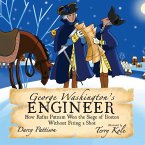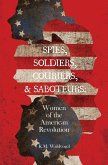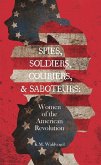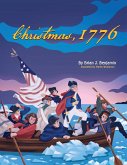2024 Best STEM Book - National Science Teaching Association In January 1776, George Washington had a problem: the British army controlled the city of Boston. The colonial army needed to force the British to leave. But how? Washington had a solution: ask his engineer Rufus Putnam to solve the problem. They needed to take control of the high ground, Dorchester Heights, just south of Boston. They could place cannons there to bombard the British army. Cannons on Dorchester Heights meant the colonials needed to build walls to protect their soldiers. But January in Massachusetts was so cold that the ground was frozen. No one could dig foundations for walls. Inspired by a French book, Putnam designed a wall of wood, filled with bundles of sticks. Quartermaster Thomas Mifflin gathered wood, wagons, hay bales and much more from the surrounding countryside. On March 4, 1776, Boston lay under a light fog, while Dorchester Heights saw a full moon. That night, men brought in materials and built a defensive wall, and then brought in cannons. By morning the battle was won, without firing a shot. Putnam's plan had worked! After eight years of occupying Boston, the British sailed away on March 17, 1776. Courage and engineering ingenuity are celebrated in this intriguing story of the role of engineering in the Revolutionary War. Later in life, Rufus Putnam advocated for the establishment of the Corps of Engineers.
Hinweis: Dieser Artikel kann nur an eine deutsche Lieferadresse ausgeliefert werden.
Hinweis: Dieser Artikel kann nur an eine deutsche Lieferadresse ausgeliefert werden.









